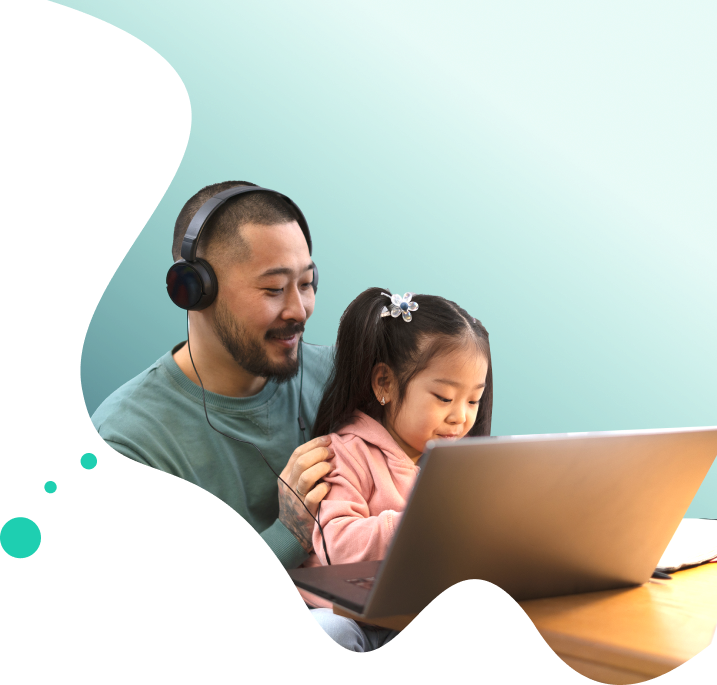Adaptive learning is a teaching approach leveraging technology to customize the learning experience for every student, tailoring learning pace, content, and feedback based on individual abilities, interests, and progress, while utilizing data and algorithms to track progress and create personalized learning paths.

Provides valuable data and insights into students’ learning journey, helping teachers pinpoint areas of struggle and adjust teaching methods accordingly, which enables targeted support and leads to improved learning outcomes.
 Students learn at their own pace with materials and activities that suit their needs and learning styles.
Students learn at their own pace with materials and activities that suit their needs and learning styles.
 Boosts confidence, motivation, and control over the learning journey.
Boosts confidence, motivation, and control over the learning journey.
 Encourages engagement and interaction through interactive quizzes, games, and simulations.
Encourages engagement and interaction through interactive quizzes, games, and simulations.
Efficient use of time and resources with personalized learning paths, focusing on areas needing improvement to maximize learning potential. This approach allows teachers to cover more material and dedicate time to critical topics, benefiting students with learning disabilities or special needs through individualized attention and support. The inclusivity and accessibility in education are enhanced, although challenges exist, such as reliance on technology accessibility, particularly for students in low-income or rural areas. Additionally, some students may prefer traditional classroom settings, necessitating adjustments for effective self-directed learning.
To Get Latest Update From Us